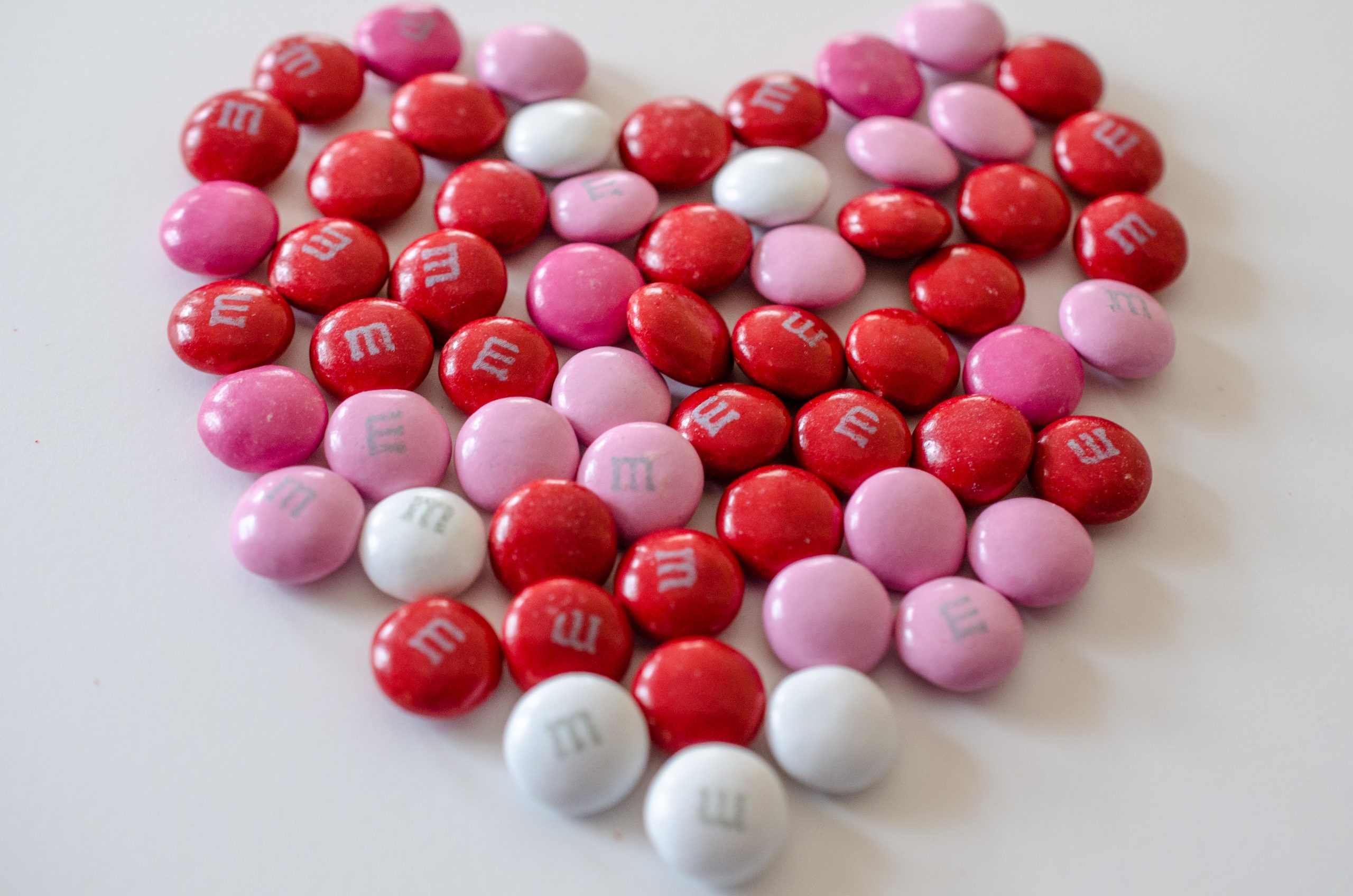Galentine’s day was first created in 2010 by the eponymously named Parks and Recreaction episode, in which Leslie Knope gathers female friends for a brunch of ‘Ladies celebrating Ladies’. Since then, it has become the day before Valentine’s Day each year, put aside for celebrating, usually through many drinks, that specific kind of love that exists within the strength of female friendships.
Galentine’s Day is an undoubtedly light-hearted event and, after the pain of the last year, we could be forgiven for questioning its place in the feminist movement. It seems almost insultingly trivial when we place it within the context of Trump’s misogynistic policies, the exposing of mass sexual assault and harassment, and the continued and vicious marginalisation of women, especially those who aren’t white, middle class and cis gender.
When we see Galentine’s Day through this lens, its image of brunch and prosecco seems like an exclusive way of celebrating female friendship, minimising the struggle that is a reality for many women. It could be seen as a product of White Feminism, a feminism in which marginalised women often do most of the legwork; explaining, arguing and resisting, while more privileged women happily take the credit, monetising the performative label of feminism without doing any of the work for it. Lest we forget that 52 per cent of white women voted for Trump.
If we celebrate Galentine’s Day, it has to be inclusive. It should be a celebration of a collective power, acknowledging that our experiences intersect and vary. It should not only be about the strength of the women immediately surrounding us, it should encompass the strength of women in countries we’ve never been to, with experiences we’ve never known.
The Me Too movement’s manifestations this year, though necessary and overdue, meant that the reality of the everyday threat of violence that women live with was thrown into the forefront of our consciousness. It was women who responded to stories of trauma and said Time’s Up and meant it. Meanwhile, men wore badges but said, for the most part, nothing. Survivors looked on as their trauma was repeatedly and inescapably held up in front of them, scrutinised, and often disbelieved. We could say that it is an insult to place Galentine’s Day and Me Too under the same feminist umbrella, but we could also point out that engaging with trauma and retelling the same, painful story is unrelentingly wearing, and we all deserve a day off.
It is exhausting to be constantly fighting back when the voices preaching misogyny seem to be the loudest, or at least the ones with the best microphone and biggest stage. Channelling anger productively every day is an unrealistic expectation to have of anyone. Sometimes we can channel joy and love instead. We can use it to lift one another up, and elevate those less privileged than us, instead of engaging with those who try to push back against that.
With that in mind, there is something to be said for joyful resistance. We see it in colourful art and ecstatic pop made by marginalised groups and individuals. We see it in the persistence of their happiness while systemic oppression tries to push it out of existence. We can see it too, then, in the resilience of female friendship. While women are constantly pit against one another in their achievements, appearance, and relationships, it proves something to hold hands with your best friend, and spend hours laughing at a shared experience from five years ago. Perhaps occasionally downing tools in order to celebrate the strength of that is allowed.
All women, and that must include trans women, women of colour, and disabled women, are individuals who are more than the oppression they experience. Perhaps knowing that struggle, and knowing what it is to fight back, can exist within the same person alongside silliness and laughter. Perhaps Galentine’s Day doesn’t have to be revolutionary in order to be relevant, and perhaps existing as a pocket of fun within a minefield is exactly makes it revolutionary.
It is true that Galentine’s Day is by no means representative of a great feminist struggle. It is silly, trivial, and perhaps a little indulgent. But maybe, occasionally, it is exactly what we need.
Image: Wikimedia Commons

